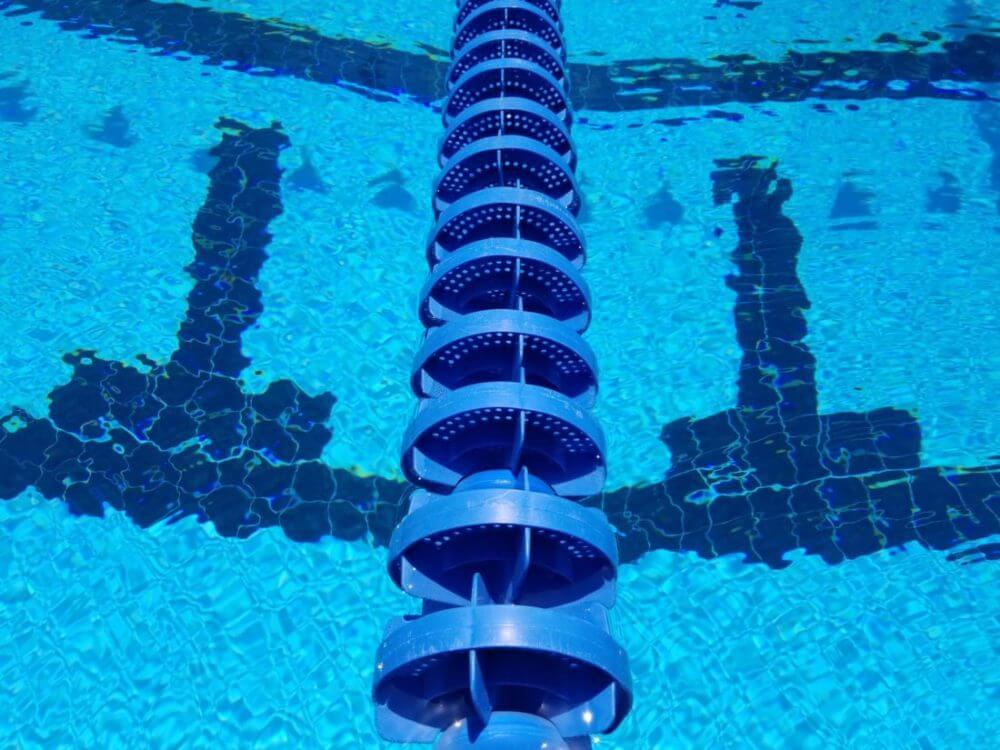Olympic Medallist Leon Taylor On Swimming’s Personal Impact As Swim England Release Research
Swimming lessons are giving children the confidence, focus and resilience they need to manage the challenges of school life and beyond, new research from Swim England’s #LoveSwimming campaign states.
The latest wave of the campaign aims to encourage children to start lessons at the earliest possible age where, as well as learning a fundamental safety skill, their physical, mental and emotional health also thrive.
The research related to children from pre-school up to the age of seven with parents saying their child’s health and fitness improved after starting lessons, mainly in terms of increased self-esteem and confidence with children developing self-belief in and out of the water.
This in turn positively impacts learning in the classroom and social skills while improving concentration and attention span.
Former diver Leon Taylor competed at three Olympics, winning 10m platform synchro alongside Pete Waterfield at Athens 2004, with the pair claiming world bronze a year later in Montreal.
Taylor was a hyperactive youngster who was labelled a “problem child.” His parents didn’t want him to take medication and instead encouraged him to do a lot of physical activity with swimming his first love.
He recognises that swimming “saved” him and he recognises through his own experiences how the benefits last a lifetime, something he is now observing with his own five-year-old son Ziggy.
He told Swimming World:
“That really resonated with me and my childhood because if it wasn’t for swimming and various other sports I did, I would have struggled even more in the school environment because of my attention deficit.
“I was called a problem child when I was young. If it wasn’t for sport and understanding I guess the container – so when you’re in a swimming lesson you’re concentrating, you’re taking instructions, you’re being guided and coached in that wonderful way.
“And then that feels very similar when you go into other environments – for example school – and I think this research is showing that the benefits aren’t just learning to swim, that they go over into all other aspects of a child’s development.
“Health and wellbeing and also being able to focus as well. I see that a lot with my son and his peers who are also doing swimming lessons – how they’re starting to thrive in the school environment. It also gives them a boost of confidence as well because you’re achieving something which is quite difficult – you’re in water, water’s dangerous, you’re engaging in an activity that requires you to really pay attention which is a great skill to start to develop.”
He added:
“Courage that is required to do something new, some children are quite happy floating and when you take away the device it becomes a very different challenge for them. Also, that sense of achievement, progress, but also objective – can you get across the width? On your back? Float in a star position?
“Confidence comes from what you’ve experienced and if you’re building your confidence in a setting like swimming then that will only have a positive effect when you’re moving into a challenging environment – maybe a new school, a new class or even just starting school.”
The research showed that 80% of parents believe swimming lessons have helped reduce their child’s stress and anxiety with almost the same number saying their child’s concentration and attention span have improved.
Almost 75% of parents believe swimming lessons supported their child in school, helping them to be more engaged, motivated and ready to learn while 84% of parents report their child’s mood improves following a lesson.
Taylor also believes that for young children lessons can help build resilience as they start to understand independence.
“It’s wonderful to see children of different personalities really starting to understand okay, this is some autonomy. I’m being given responsibility here to listen to a teacher, to wait my turn, to follow instructions, to listen to the safety elements of it because you can’t just run riot like you cold in a park. You’ve got a structure and a teacher building a very safe container for the children to learn.”
